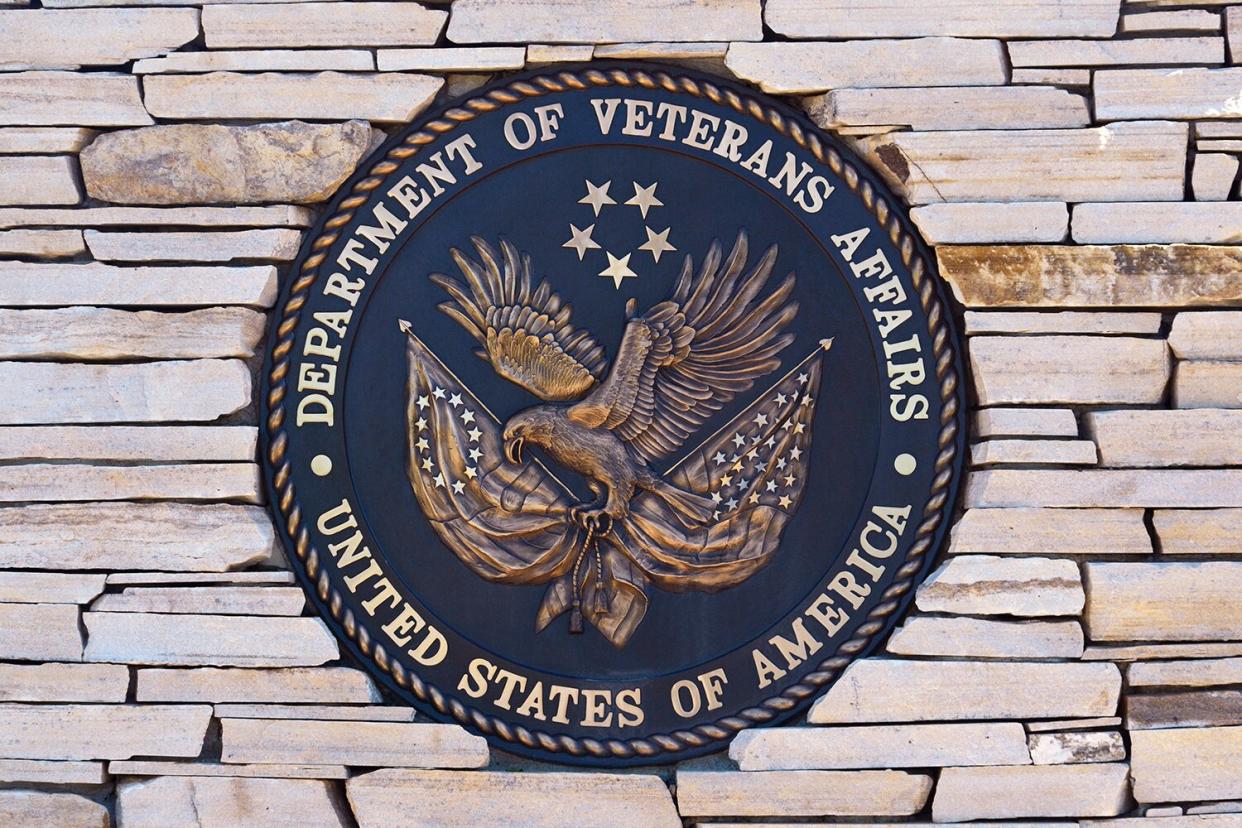Veterans Affairs to Offer Abortions in Certain Cases — Regardless of State Bans

Robert Alexander/Getty
The Department of Veterans Affairs (VA) will now be offering abortion services to pregnant veterans and VA beneficiaries.
The department announced that they will provide abortion counseling and abortions in cases of rape, incest, or when the life or health of the person is at risk if the pregnancy were to be carried to term.
Dr. Shereef Elnahal, VA's Under Secretary for Health, said in a press release that the healthcare services are "in accordance with generally accepted standards of medical practice."
"We came to this decision after listening to VA health care providers and Veterans across the country, who sounded the alarm that abortion restrictions are creating a medical emergency for those we serve," Elnahal said. "Offering this care will save Veterans' health and lives, and there is nothing more important than that."
RELATED VIDEO: AOC, Rashida Tlaib and Ilhan Omar Among House Dems Arrested in Abortion Rights Protest Outside Supreme Court
"This is a patient safety decision," Denis McDonough, Secretary of Veterans Affairs, added in a statement. "Pregnant Veterans and VA beneficiaries deserve to have access to world-class reproductive care when they need it most. That's what our nation owes them, and that's what we at VA will deliver."
VA says its employees can provide these authorized services across the United States "when working within the scope of their federal employment," regardless of state restrictions on abortions.
They will also offer all reproductive healthcare services including fertility services, contraceptives (including emergency contraceptives), life-saving treatment related to pregnancy, and more.
The new policy is in response to the Supreme Court's decision to overturn Roe v. Wade, a ruling that eliminated the constitutional right to abortion and allowed state governments to decide whether to permit the procedure.
As of now, abortion is either banned or highly restricted in Alabama, Arkansas, Florida, Georgia, Idaho, Indiana, Kentucky, Louisiana, Mississippi, Missouri, North Carolina, Ohio, Oklahoma, South Dakota, Tennessee, Texas, and Wisconsin.
Additionally, several state abortion bans or restrictions are on hold while being challenged in court.
